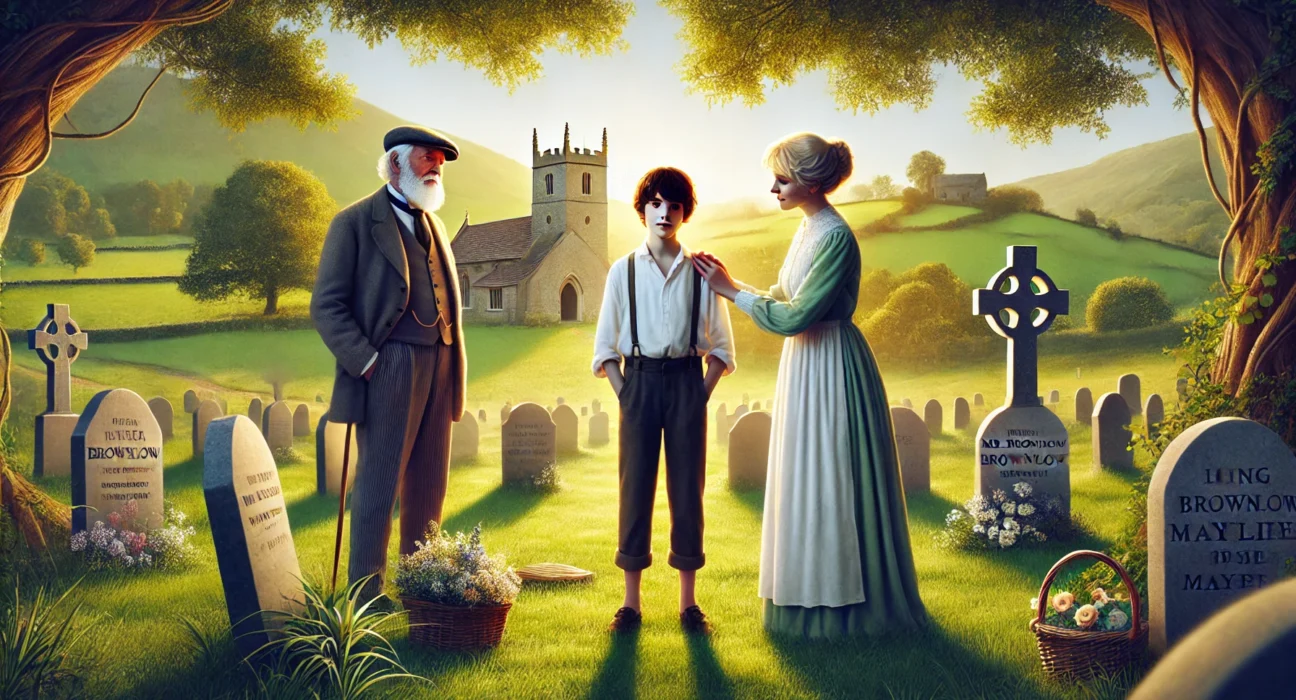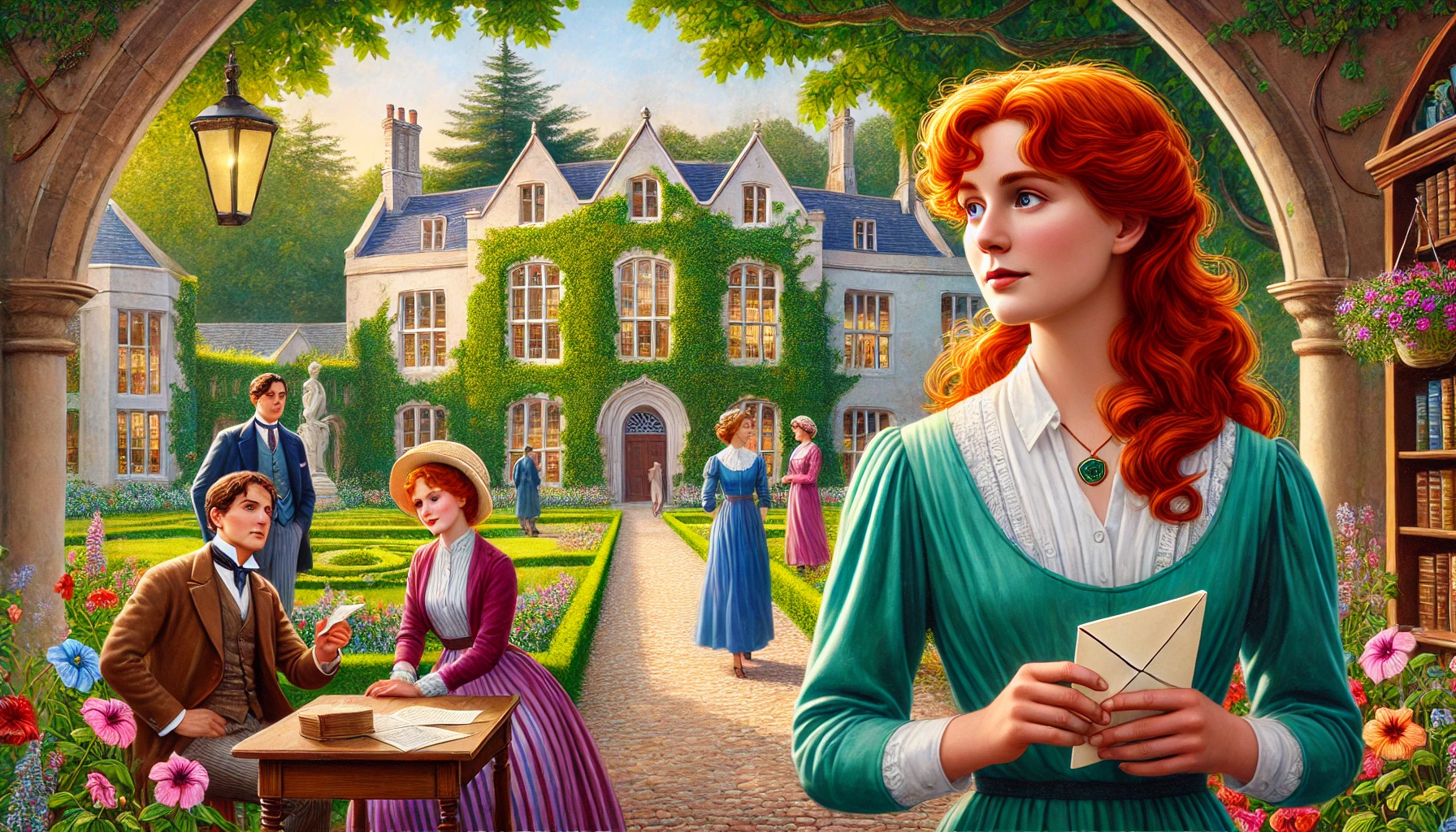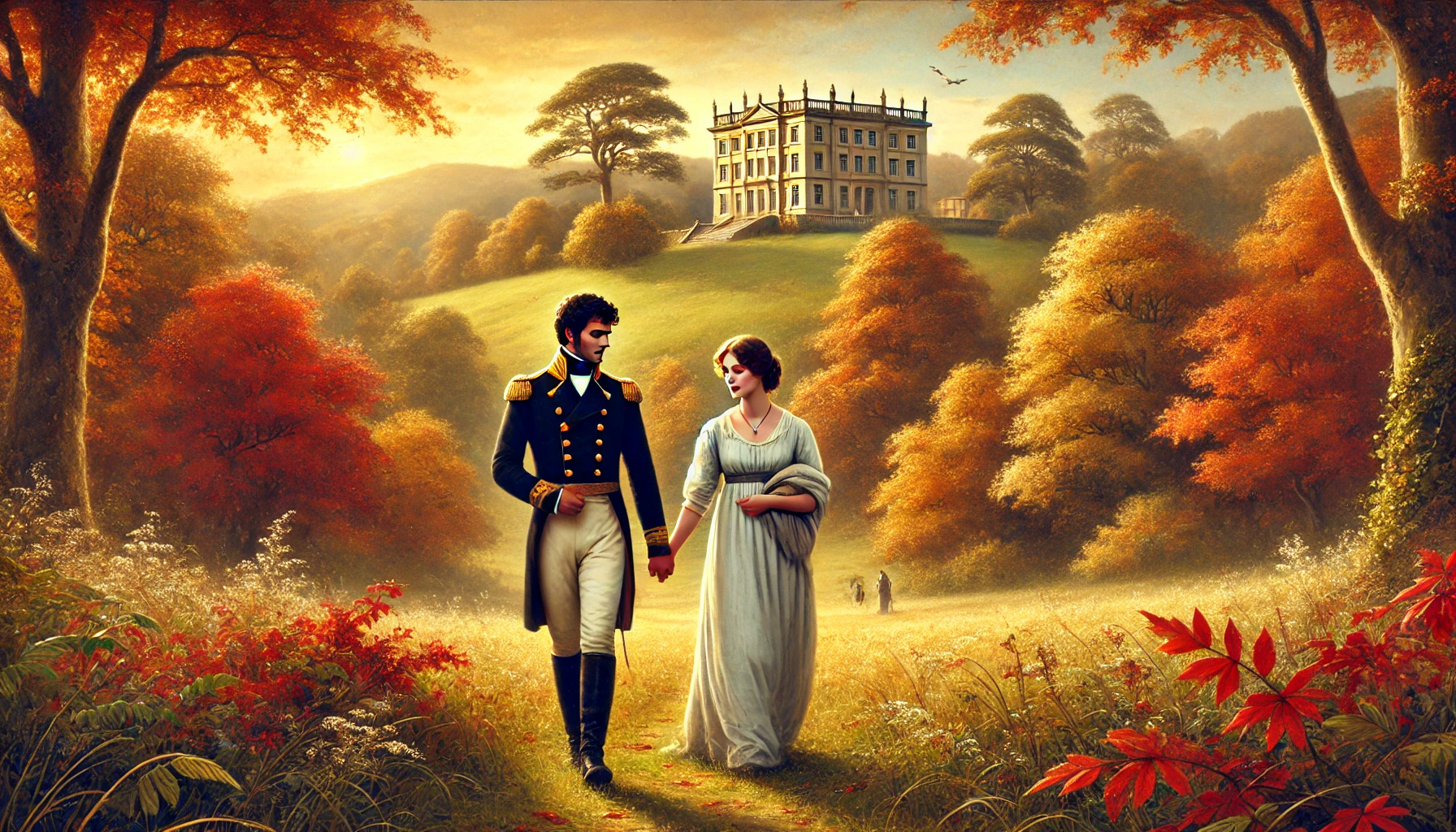Oliver Twist by Charles Dickens, first published in 1837, is a classic tale of a young orphan, Oliver, who grows up in the brutal conditions of 19th-century England. The novel exposes the harsh realities of workhouses, child labor, and the exploitation of the poor. Dickens, a master of social commentary, uses Oliver’s journey to critique the societal norms and institutions of his time, while also exploring themes of innocence, survival, and identity.
Plot Summary
Oliver Twist was born in a nameless workhouse, his mother dying shortly after his birth. From the very beginning, his life is marked by hardship and deprivation. Raised under the strict and cruel conditions of the workhouse, Oliver’s early years are filled with hunger, neglect, and abuse. On his ninth birthday, he dares to ask for more food, a request that shocks the workhouse authorities. As punishment, he is put up for apprenticeship, treated as little more than a burden the parish is eager to rid itself of.
Oliver’s first apprenticeship is to an undertaker, Mr. Sowerberry, whose business thrives on the deaths of the poor. His wife is a cruel woman who takes an immediate dislike to the boy, and in this new home, Oliver’s misery continues. He is subjected to bullying, particularly by Noah Claypole, a fellow apprentice who constantly belittles him. When Noah insults Oliver’s dead mother, Oliver’s bottled-up rage erupts, and he fights back fiercely. This outburst leads to Oliver being beaten and locked away, further solidifying his decision to run away from the oppressive life he knows.
Alone and desperate, Oliver sets out for London, walking for days with barely any food or shelter. On the outskirts of the city, he meets a boy named Jack Dawkins, better known as the Artful Dodger, who takes him under his wing. Dodger introduces Oliver to Fagin, a sly old man who runs a gang of child thieves. Fagin welcomes Oliver into his den, though Oliver is unaware of the true nature of his new companions. Soon, Oliver is drawn into their world, observing how the boys steal for Fagin and live under his control.
One day, Dodger takes Oliver out on a “job,” and Oliver realizes, too late, that Dodger and another boy, Charley Bates, are pickpockets. When a well-dressed gentleman named Mr. Brownlow is robbed, Oliver is mistakenly accused and chased through the streets. He is eventually caught but falls ill from exhaustion. Mr. Brownlow, seeing Oliver’s frailty and innocence, takes pity on the boy and brings him to his home. There, Oliver experiences kindness for the first time in his life. As he recovers, he enjoys the comfort of Mr. Brownlow’s care, but his happiness is short-lived.
Fagin, fearing that Oliver might reveal the gang’s activities, conspires with the violent Bill Sikes and his partner, Nancy, to kidnap Oliver back. Nancy, though involved in the criminal world, feels a deep sympathy for Oliver and helps in the abduction despite her growing moral conflict. Oliver is forcibly returned to Fagin’s den, where he is once again trapped in the life of crime he desperately wants to escape.
Meanwhile, Mr. Brownlow begins searching for Oliver, suspecting that something has gone terribly wrong. Back in Fagin’s lair, Oliver is coerced into participating in a house burglary led by Bill Sikes. Oliver, terrified and unwilling, is forced to accompany Sikes to a country house. When the burglary goes awry, and Oliver is wounded, Sikes abandons him at the scene. The homeowners, startled by the commotion, find Oliver and take him in. He is cared for by the kindly Mrs. Maylie and her adopted niece, Rose, who slowly nurse him back to health.
As Oliver’s fortunes improve, Fagin grows increasingly anxious about the boy. Meanwhile, Nancy, tormented by guilt, secretly visits Mr. Brownlow to reveal Fagin’s plans and Sikes’s intentions. She hopes to save Oliver from further harm but refuses to leave her own life, too entangled in guilt and loyalty to Sikes. Her bravery, however, comes at a terrible price. Sikes, suspecting Nancy of betrayal, flies into a murderous rage and kills her in cold blood. This brutal act marks the beginning of Sikes’s downfall, as guilt and fear consume him. He becomes a hunted man, desperately fleeing from justice, haunted by the memory of Nancy’s murder. In a final attempt to escape, Sikes accidentally hangs himself while trying to evade capture.
As the tangled threads of Oliver’s life begin to unravel, the truth about his parentage comes to light. It is revealed that Oliver is the illegitimate son of a wealthy man. His half-brother, Monks, a devious and greedy man, has been conspiring with Fagin to destroy Oliver’s life and ensure that he never claims his rightful inheritance. Monks’s plot is uncovered, and Mr. Brownlow confronts him. Faced with the evidence of his wrongdoing, Monks is forced to confess.
With Monks’s schemes foiled and Fagin finally captured by the law, Oliver’s fate takes a brighter turn. Fagin, now awaiting execution, faces the consequences of his many crimes. The den of thieves that once entrapped Oliver is dismantled, and the boy is finally free from the clutches of the criminal underworld that sought to claim him.
Mr. Brownlow adopts Oliver, giving him the family and home he has longed for. Rose, who had cared for Oliver after the failed burglary, is revealed to be his aunt, and she finds happiness in her own life, marrying a man who loves her deeply. The once-orphaned boy, who began his life in misery and neglect, finally finds peace and security with the people who love him. Though the scars of his past remain, Oliver’s future is one of hope, surrounded by kindness and compassion.
Main Characters
- Oliver Twist: The protagonist, an innocent and kind-hearted orphan. Despite the cruel world around him, Oliver’s innate goodness shines through, and his journey is one of survival against overwhelming odds.
- Fagin: A cunning, manipulative leader of a group of child criminals. He serves as a mentor to boys like the Artful Dodger, exploiting them for his own gain. His influence on Oliver reflects the darker side of London’s criminal underworld.
- The Artful Dodger (Jack Dawkins): A skilled pickpocket and a key member of Fagin’s gang, the Dodger is charming and street-smart. He introduces Oliver to the world of thievery, but his fate is tied to the streets that define him.
- Mr. Brownlow: A benevolent older man who takes Oliver in and helps uncover the truth about his origins. Brownlow represents kindness and the hope that there are still good people in the world.
- Bill Sikes: A violent, brutal criminal who is fiercely protective of his dog, Bull’s-eye. He represents the cruelty of Oliver’s world and is a key antagonist in the story.
- Nancy: A complex character, she is both a part of Fagin’s criminal gang and deeply compassionate. Nancy cares for Oliver and ultimately makes a sacrifice to protect him, showing the redemptive power of love and loyalty.
Theme
- Social Injustice and Class Struggle: Dickens illustrates the vast divide between the rich and the poor in Victorian England. Oliver’s experiences in the workhouse and with Fagin’s gang expose the systemic exploitation and neglect faced by society’s most vulnerable.
- Innocence vs. Corruption: Oliver, as a symbol of innocence, is constantly surrounded by corruption, whether in the form of criminality or institutional neglect. The novel contrasts his purity with the moral degradation of characters like Fagin and Sikes.
- Identity and Family: Much of Oliver’s journey revolves around discovering his true identity and finding a sense of belonging. The search for family is a driving force in the novel, as Oliver’s lineage plays a critical role in his eventual salvation.
- The Power of Compassion: Characters like Mr. Brownlow and Nancy show that compassion can exist even in the darkest circumstances. Their kindness helps Oliver escape his harsh reality, emphasizing the novel’s moral message about the importance of human decency.
Writing Style and Tone
Dickens’s writing in Oliver Twist blends vivid social realism with a sense of dark, satirical humor. His portrayal of the workhouse system and the criminal underbelly of London is stark, offering an unflinching look at the poverty and injustice that characterized Victorian England. Yet, Dickens also uses wit and irony to critique the institutions and individuals who perpetuate this suffering, making his social commentary both engaging and sharp.
The tone of Oliver Twist shifts between somber and hopeful. Dickens doesn’t shy away from the grim realities of Oliver’s world, particularly in his depiction of child exploitation and crime. However, he tempers this bleakness with moments of kindness and redemption, especially through characters like Mr. Brownlow. Dickens’s language is richly descriptive, and his use of melodrama heightens both the emotional and moral stakes of the story.
We hope this summary has sparked your interest and would appreciate you following Celsius 233 on social media:
There’s a treasure trove of other fascinating book summaries waiting for you. Check out our collection of stories that inspire, thrill, and provoke thought, just like this one by checking out the Book Shelf or the Library
Remember, while our summaries capture the essence, they can never replace the full experience of reading the book. If this summary intrigued you, consider diving into the complete story – buy the book and immerse yourself in the author’s original work.
If you want to request a book summary, click here.
When Saurabh is not working/watching football/reading books/traveling, you can reach him via Twitter/X, LinkedIn, or Threads
Restart reading!








